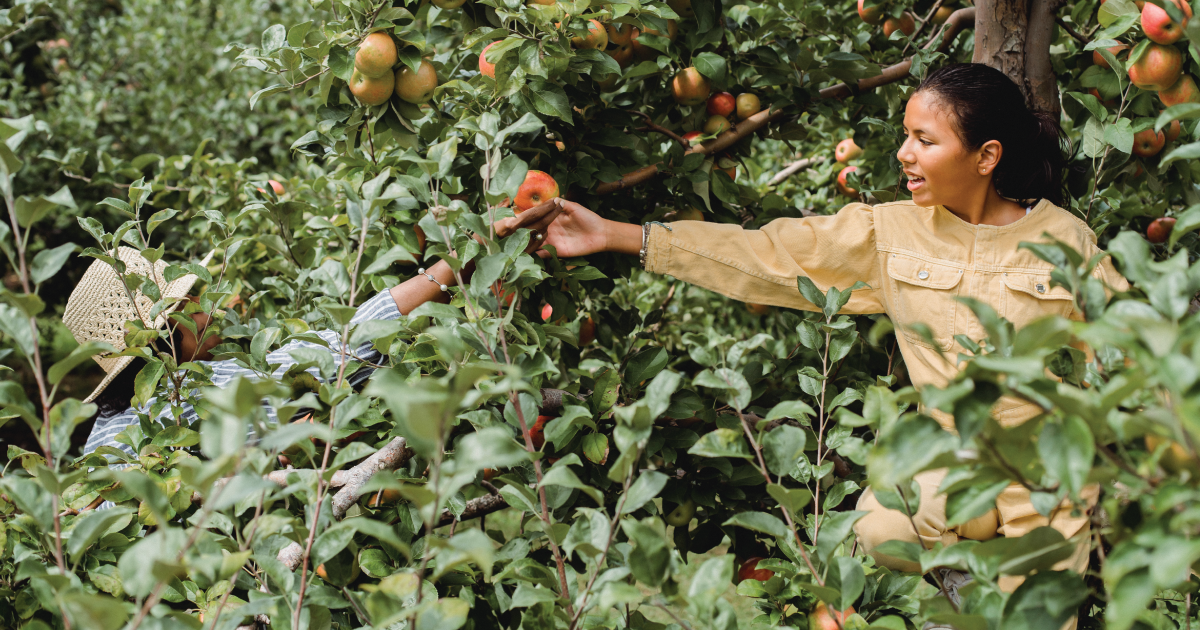
“Perennialize Massachusetts Agriculture”
Perennials belong in your garden and on your farm, according to Eric Toensmeier, keynote speaker at NOFA/Mass Winter Conference. “We need to increase the percentage of our food that comes from perennial crops,” he said. “We should be perennializing Massachusetts agriculture,” and home gardeners can play a key role in that process, not just in planting proven perennials, but in testing and developing new varieties that farmers can then scale up.
July 21, 2021 | Source: The Natural Farmer | by
Perennials belong in your garden and on your farm, according to Eric Toensmeier, keynote speaker at NOFA/Mass Winter Conference. “We need to increase the percentage of our food that comes from perennial crops,” he said. “We should be perennializing Massachusetts agriculture,” and home gardeners can play a key role in that process, not just in planting proven perennials, but in testing and developing new varieties that farmers can then scale up.
All the major crops we eat are annuals, from arugula to zucchini, from rice to wheat to corn to beans. “There are lots of ways to make annual agriculture better, and kudos to those who are practicing no-till, cover cropping, and species diversification. The question is not doing away with annuals—that’s not going to happen—but where can we perennialize?”
Non-prime land is perfect for perennials
Perennials are crops that live for 3 or more years, including trees, shrubs, vines, and some grasses. Oaks are perennials, and so is alfalfa; apples and asparagus and raspberries and rhubarb are perennial. Perennials can fix nitrogen, provide food for people and livestock, and hold the soil, all while sequestering carbon and providing beneficial habitat and microclimates.
